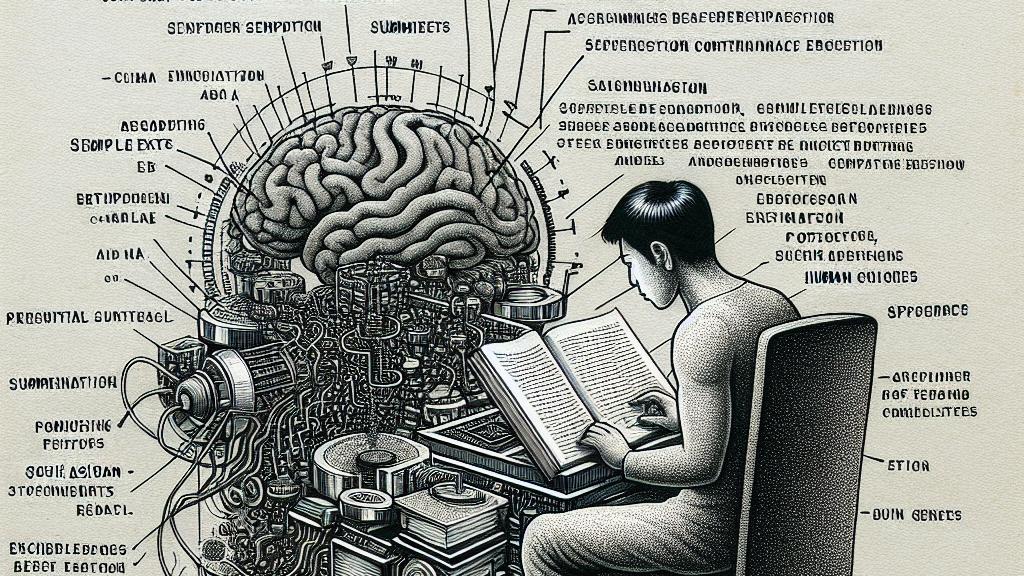The Role of AI in Accelerating Scientific Literature Review
Overview
- AI dramatically enhances the ability to summarize vast research quickly, transforming the academic landscape.
- However, there are significant concerns about the reliability and accuracy of AI-generated insights.
- A variety of innovative tools are revolutionizing literature reviews, making them faster and more efficient.

AI's Revolutionary Role in Literature Reviews
In the vibrant and dynamic world of scientific research in the United States, neurobiology graduate student Sam Rodriques experienced a moment of clarity that would change the course of his research journey. He astutely observed that even if every piece of information about human cells or the complexities of the brain exists, no single human could possibly synthesize such extensive knowledge. This dilemma inspired his pursuit of developing a robust AI system poised to tackle the overwhelming literature flooding the field. Fast forward to the present, and Rodriques's innovation at FutureHouse is a game-changer. This AI is now capable of producing concise summaries of research at breakneck speed, efficiently generating detailed entries for around 17,000 human genes, surpassing the quality of even the most popular online reference sources. Its ability to condense dense scientific information into digestible snippets highlights how AI not only enhances productivity but also facilitates access to critical knowledge, enabling researchers to focus on groundbreaking ideas rather than becoming mired in hefty papers.
An Array of AI Tools Shaping Research Practices
Today, the range of AI tools available to support literature reviews is nothing short of impressive. Platforms like Semantic Scholar harness advanced algorithms to perform lightning-fast literature searches, filtering through countless articles to uncover key insights essential for any researcher. In contrast, Research Rabbit goes further, dynamically visualizing connections among various studies, aiding researchers in uncovering nuanced relationships that may have previously been overlooked. Similarly, the innovative Scite tool revolutionizes citation management by providing smart citations, allowing researchers to view how studies corroborate or challenge one another. By utilizing these tools, academic professionals can navigate the extensive labyrinth of research with ease, ultimately saving precious time. However, it’s crucial to remember that sophisticated AI cannot yet fully replace the nuanced approach required for high-quality systematic reviews. These reviews demand rigorous methodologies that AI is still learning to replicate. Nevertheless, the prospect of human-AI collaboration paves the way for unprecedented developments in scientific discovery, revealing opportunities and insights we have yet to explore.
Addressing Quality Concerns in AI-Generated Insights
As exciting as these advancements are, they come with an urgent responsibility to maintain high standards in scientific research. Experts raise valid concerns that relying too heavily on AI-generated literature summaries can dilute the rigorous quality traditionally upheld in academia. Given the mixed quality of sources AI systems may draw from—ranging from reputable studies to unverified blogs—there's a pressing risk of spreading misinformation or oversimplified interpretations. Notably, Paul Glasziou, a leading figure in the domain of systematic reviews, has underscored the profound importance of adhering to established guidelines in research synthesis. In light of this, researchers must strike a delicate balance between leveraging AI's incredible efficiency and upholding the meticulous standards of traditional literature reviews. By integrating human oversight and expertise with AI capabilities, we can harness the power of technology to enhance our understanding while ensuring that the integrity of scientific knowledge remains intact. Ultimately, as we navigate this new frontier, our commitment to quality must parallel our enthusiasm for innovation.

Loading...